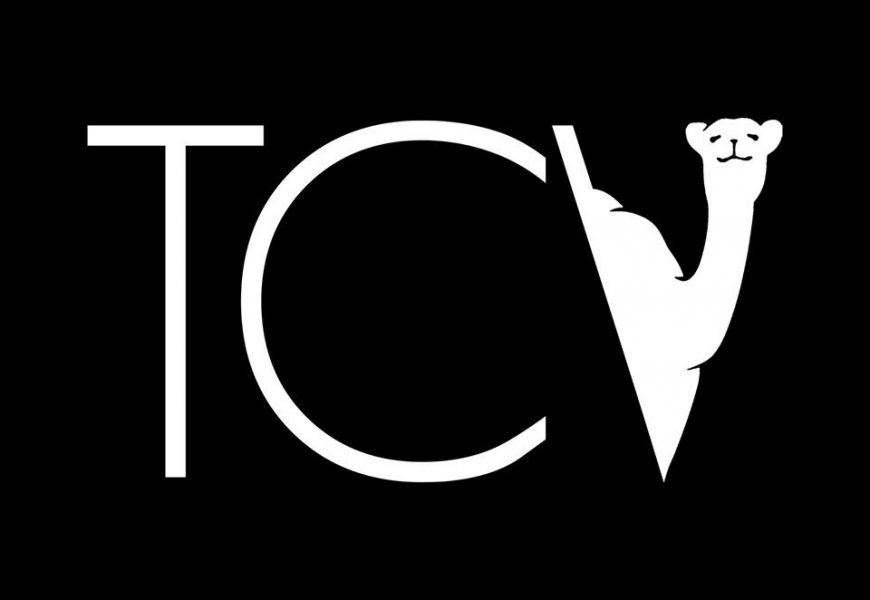The Conn Honor Code is more than a policy, it is an ideology that is expected to be followed in all aspects of campus life by all members of the campus community. From the very first day of student life from signing the matriculation pledge, students officially commit themselves to maintaining college values. That has been the pride for decades, distinguishing Connecticut College from colleges with no student-established honor code.
However, as social and academic contexts change, some may easily begin to question whether the Honor Code is still relevant in its current form. As technology drives increasing concerns about academic integrity, as social norms continue to change, differences of opinion between individuals become extreme and divisive, does the Honor Code still serve as it was initially intended, or does it require further revision?
Maybe one of the biggest challenges to the validity of the Honor Code today is the place of technology and academic honesty. The introduction of artificial intelligence such as ChatGPT has introduced uncertainties about original work and outside assistance. While AI can do much to advance learning, its misuse raises scary concerns. The honor code and handbook explicitly prohibit the unauthorized use of AI tools for academic assignments, categorizing it as a form of dishonesty alongside plagiarism and unauthorized collaboration. However, determining what constitutes “authorized” vs. “unauthorized” use is not always clear. If a professor allows students to use AI for brainstorming but not for writing entire papers, how can enforcement remain consistent? Similarly, computer-based learning and electronic communication created new avenues of academic dishonesty not anticipated in the original Honor Code. Texting, social media sites, and anonymous posts facilitate easy exchanges of information by students in not-so-easily traceable formats. While the philosophy of the Honor Code is one of personal responsibility, this is hard to maintain in an environment where students can easily cooperate or share answers with each other without being easily caught.
Another problem with the Honor Code is that it relies heavily on peer reporting. The Code assumes that students will act when they witness violations take place, either by confronting the violator or reporting them to be sanctioned in the Honor Council. While this system functions in theory to establish an environment of responsibility, it certainly won’t work as efficiently in reality.
Under today’s campus environment, where peer relationships are everything and mental health issues are on the rise, most students do not want to turn in their friends for violations. Pressure against the natural urge to assist each other is exerted by turning a friend in, especially when there are high levels of anxiety and stress during academic periods. Students fear the social ramifications of reporting another person, such as destroying friendships, being ostracized, or retaliation. Such is the reluctance present particularly in instances of more frequent violations such as unauthorized group work on homework assignments.
Although the Honor Code requires students to report such abuses, it is easy to believe that this would be too punitive, particularly when the offense seems minor in comparison to more serious offenses such as plagiarism or cheating on exams. If students will not uphold this aspect of the Honor Code (as many probably won’t), does it render the entire system worthless? And if the Honor Code is enforced selectively, can it not be said that it undermines itself?
Beyond academic integrity, the Honor Code is extended to the larger values of the Connecticut College community, including civility, respect, and fairness. These are aligned with the college’s commitment to student health, inclusion, and diversity. However, since society’s values evolve, then so too do our conceptions of respect and accountability. Previously, respect within an educational context was practiced face-to-face—being courteous during conversation, maintaining respect for varying opinions, and creating an atmosphere of inclusiveness. However, with the increasing online communication, the term respect has evolved and so have the difficulties in maintaining it. New anonymous social media like YikYak in recent times have come directly at odds with the values of the Honor Code. While others use it for joking or for light campus news, others have employed it as a tool to spread negativity, target specific students, and create an atmosphere of division. Since it is anonymous, it is nearly impossible to locate someone and have them appear before the Honor Council. The issue became so rampant that Student Life Dean Victor Arcelus sent an email to the students calling on them to uninstall YikYak and reiterated that we must “act together to address these concerns,” but failed to actually outline how these messages would be addressed under the Honor Code. Why? Because there doesn’t seem to be a solution.
The Honor Code has been a characteristic feature of Conn culture for many years, but with the world changing so quickly, you can’t help but wonder if the guiding light you have been following as a member of the Conn community is relevant. The ideals of honesty, respect, and responsibility are just as fitting today, but their application needs to change. I believe that they have been adjusted to serve the values of the college but it must continue and be further perfected. It is only as timely as students, faculty, and administrators choose to make it, as they are willing to take thoughtful reform and reaffirm its place in the modern academic world.










